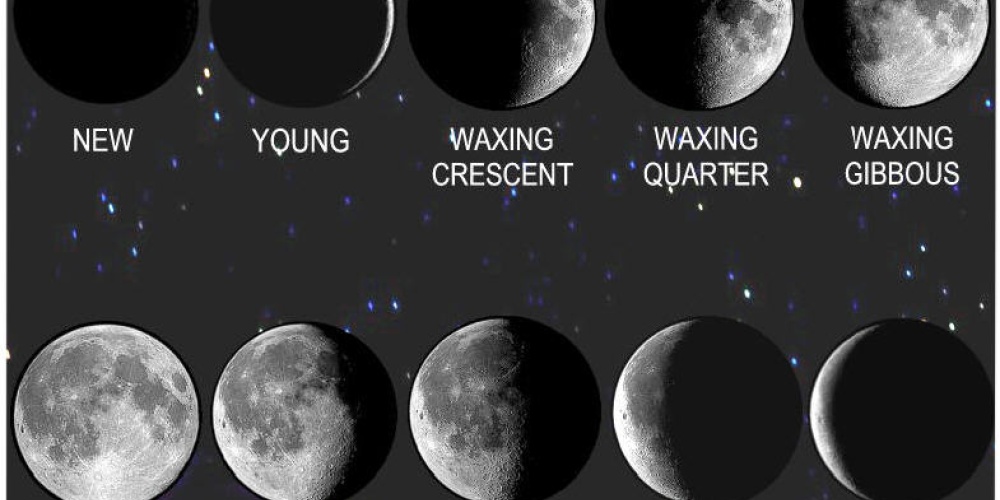History is not something that greatly interested our Talmudic Sages. Of course, such was the norm for all in the ancient world; and history as a serious academic discipline is a product of modernity. The historical information presented in the Bible is only that which directly relates to the mission of the Jewish people. Questions such as the identity of the Pharaoh of the Exodus or the location of Mount Sinai are ignored.
It thus seems a bit odd that there would be detailed debate amongst our Talmudic Sages as to when the world was created. "It has been taught: Rabbi Eliezer says: 'In Tishrei, the world was created... in Nisan, the Jewish people were redeemed [from Egypt], in Tishrei they will be redeemed in the future'. Rabbi Joshua says: 'In Nisan, the world was created...in Nisan, they were redeemed; and in Nisan, they will be redeemed in the future'" (Rosh Hashanah 10b-11a). The Talmud then spends more than a page bringing proofs for the respective views of Rabbi Yehoshua and Rabbi Eliezer.
But why does it matter? Of what practical importance is this? There appears to be no law dependent on this debate, nor does there appear to be any ethical teaching therein. Regardless of when the world was created, we are to blow shofar on the first day of the seventh month--a mitzvah that has no biblical connection to creation. While I imagine Rabbi Yehoshua would skip the paragraph "hayom harat olam, today is the birthday of the world", little would change if we were to accept the view the world was created in Nisan[1]. Yet the fact that that such debate is given prominence means there must be significance to it.
Nissan is chodesh haAviv, the time of spring, when nature begins to sprout forth. Hope is in the air. But it is not until Tishrei, during the fall, that we reap the bounty of nature. A world created in Tishrei is a world where all is ready for man to partake of it, whereas one created in Nisan is one in which man must work the land before he can enjoy the fruit. Is the ideal world one in which all our physical needs are taken care of, allowing us to focus on spiritual matters? Or is it one in which we must work for our sustenance? If framed this way, this mirrors the debate between Rabbi Yishmael and Rabbi Shimon bar Yochai, in which Rabbi Yishmael is of the view that, in an ideal world, we are to work for our sustenance; whereas Rabbi Shimon bar Yochai idealizes a situation in which "our work is done by others". Interestingly, the Talmud accepts the view of Rabbi Yishmael as normative (Brachot 35b).
While the above may explain the debate surrounding creation, it does little for our understanding of the debate referring to the time of redemption.
Our calendar is a lunar-solar one, counting months based on the moon cycle and years based on the sun. The moon waxes and wanes as it renews itself each month. It is thus the perfect symbol for the Jewish people, with the twists and turns of Jewish history that has seen the unbelievable renewal of a people coming back to its home after 1900 years. But nature, and the world itself, are dependent on the sun. Nisan is the month of Jewish history, whereas Tishrei is that of world history[2]. The nations of the world are like the sun--more powerful, yet following the natural course of cause and effect as nations rise to power, reach their height, followed by decline and disappearance.
A redemption in Nisan is one where the focus is internal: Jewish dominion and power, both physical and spiritual. The redemption of Tishrei has a broader focus, when Jew and non-Jew will work together in peace for the benefit of all. It is noteworthy that twice a year--at the end of the seder in Nisan, and the end of Yom Kippur in Tishrei--we pray for our return to a redeemed Jerusalem.
[1] In fact, Jewish law does seem to accept this view. Birchat hachamah--the blessing over the sun recited every 28 years, when the earth and sun are in the same location as they were during Creation--is said not in Tishrei, but in Nisan. This only makes sense if we assume the world was created in Nisan.
[2] As we have noted, the opening sugya of Rosh Hashanah teaches that when dating documents, those relating to a Jewish king are to be dated from Nisan; whereas when referring to non-Jewish kings, they are to be dated from Tishrei.

